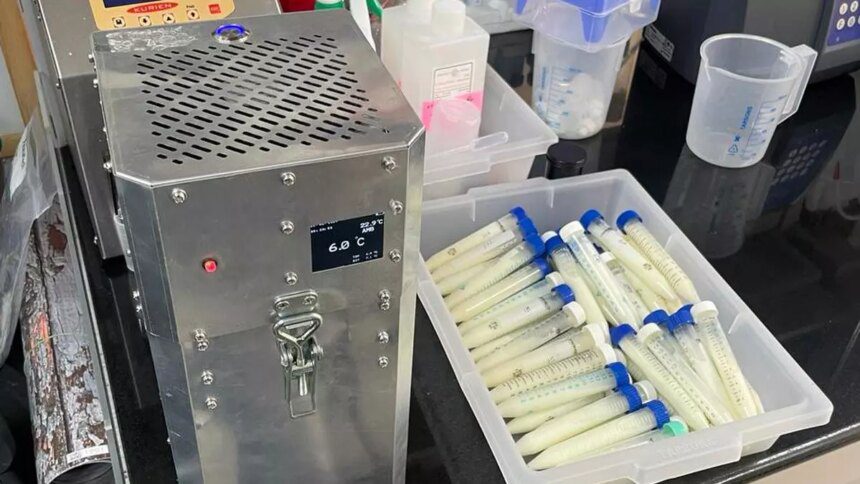A heated debate has erupted within the medical devices sector following a recent clarification from the Health Ministry, which has effectively prohibited the importation of pre-owned or refurbished medical products.
The issue of refurbished equipment has been a contentious point for domestic manufacturers for several years. They argue that such imports undermine the government’s initiatives aimed at boosting local production of medical devices.
The industry is noticeably divided: local manufacturers have praised the Central Drugs Standard Control Organization (CDSCO) for its communication to the Office of the Principal Commissioner of Customs, which stated that refurbished products cannot be imported into India due to a lack of specific regulations governing their use.
On the other hand, representatives from multinational medical device companies, who prefer to remain unnamed, assert that the practice of using refurbished medical devices is common in developed countries, where it is regulated to ensure patient safety. They contend that permitting Original Equipment Manufacturers (OEMs) or their authorized third parties to import refurbished products—provided they meet quality and safety standards—would make these medical devices significantly more affordable for the local population, potentially reducing costs by 25% to 50%.
With the halt on refurbished imports, Rishi Agrawal, Chief Executive and Co-founder of TeamLease RegTech, called for the establishment of a regulatory framework that ensures the traceability of such devices, along with transparency concerning maintenance records and component replacements. He emphasized the need for a balanced approach that holds companies accountable while preventing India from becoming a dumping ground for subpar products. Agrawal urged local manufacturers to seize this as an opportunity to invest in the production of globally competitive products.
Rajiv Nath from the Association of Indian Medical Device Industry (Aimed) welcomed what he termed “healthy competition” and encouraged multinationals to invest in India to develop high-technology equipment that is affordable for Indian patients. He indicated that a policy review is currently underway regarding the necessity of refurbished imports. Aimed reported that India’s import expenditure on medical devices is rising, having increased by 13 percent in the fiscal year 2023-24, reaching a total of ₹69,000 crores.
The Medical Technology Association of India (MTAI), however, cautioned that the pre-owned medical equipment sector constitutes about 10 percent of the overall medical equipment market in India and plays a vital role in addressing the needs of tier 2, 3, and 4 cities, as well as underserved rural areas. These regions, where approximately 70 percent of healthcare facilities are privately run small clinics and diagnostic centers, heavily depend on cost-effective medical solutions. MTAI pointed out that developed regions, such as the US and several European countries, also rely on a significant percentage of pre-owned medical equipment, emphasizing its importance in providing affordable healthcare options. They estimate the pre-owned equipment market in India to be worth about ₹1,500 crores.
MTAI warned that without a promptly implemented policy, the halt on importing refurbished devices could lead to irreversible damage to both healthcare providers and the industry as a whole.
Vishwaprasad Alva, Founder and Managing Director of Skanray Technologies, criticized the prior practice of importing used medical equipment, stating it was a mistake from the outset. He noted that second-hand vehicles, textiles, and machinery are not allowed into the country, suggesting that allowing refurbished medical devices could turn India into a dumping ground for outdated and unsafe products and a destination for e-waste.
Sudhir Srivastava, Past Chair of the Medical Device Committee at PHDCCI, stated that the CDSCO’s decision strengthens India’s self-reliance in medical technology. He argued that permitting the import of refurbished medical devices would endanger healthcare quality, discourage local innovation, and undermine the ethos of the ‘Make in India’ initiative.










